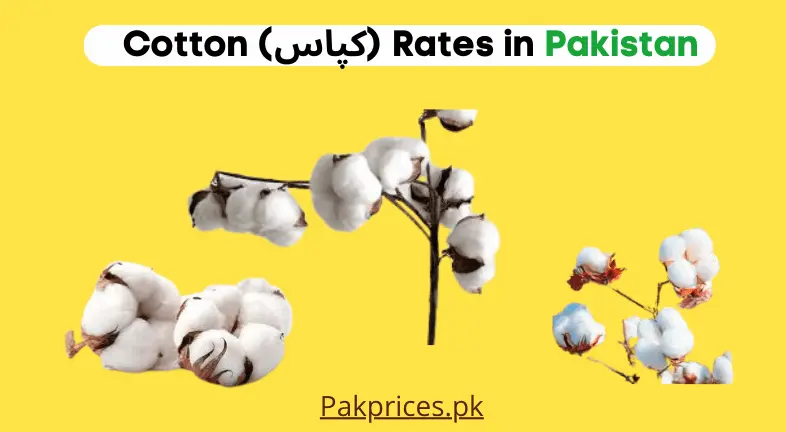
Updated Cotton Price in Pakistan 2024 | کپاس Cotton Rates in Pakistan Today
Cotton price in Pakistan today is around Rs. 8000 to Rs. 10000 per 40 Kg. This price has increased significantly recently because of rising demand and decreased production. Many factors influence the cotton price in Pakistan, which is discussed below in this article.
Pakistan is known for the exportation of Cotton throughout the world. In terms of cotton exports, Pakistan is sixth in the world. In 2021, Pakistan exported 6.8 million bales of cotton worth around $1.8 billion. The price of cotton in Pakistan fluctuates a lot. If you’re into the Cotton industry, like a farmer, trader, or textile manufacturer, then you must wonder: What’s the Cotton price in Pakistan?
In this article, I’m going to tell you how much cotton Phutti costs in Pakistan. Also, I’ll tell you about the factors that affect the prices. You don’t want to leave this article halfway through.
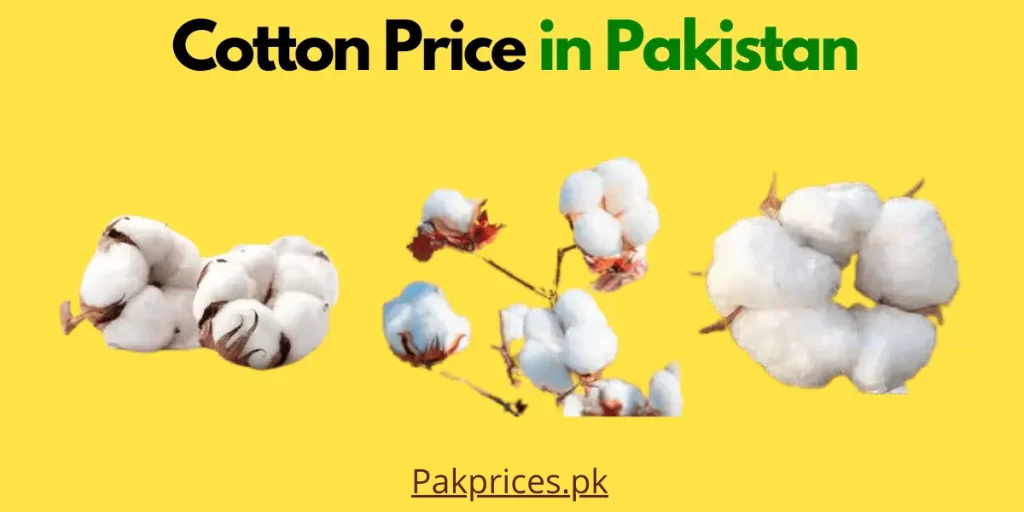
Cotton Price in Pakistan Today [current_date] | Phutti Rate in Pakistan
Cotton phutti Rate in Punjab
| City | Cotton Price per 40 Kg |
|---|---|
| Lodhran | Rs. 7055 |
| Hasilpur | Rs. 8400 |
| Mian Channu | Rs. 6900 |
| Rahim Yar Khan | Rs. 7600 |
| Bahawalnagar | Rs. 8400 |
| Bahawalpur | Rs. 8200 |
| Haroonabad | Rs. 8900 |
| Sahiwal | Rs. 7360 |
| Vehari | Rs. 7700 |
| Khanpur | Rs. 8640 |
Cotton phutti Rate in Sindh
| City | Cotton Price per 40 Kg |
|---|---|
| Shikarpur | Rs. 7800 |
| Ghotki | Rs. 7590 |
| Ranipur | Rs. 7900 |
| Hyderabad | Rs. 8800 |
| Nawab Shah | Rs. 8100 |
| Mehrabpur | Rs. 7800 |
| Umarkot | Rs. 9100 |
Cotton phutti Rate in Balochistan
| City | Cotton Price per 40 Kg |
|---|---|
| Khuzdar | Rs. 8950 |
| Sibi | Rs. 9400 |
| Lakhra | Rs. 8200 |
| Lasbela | Rs. 8000 |
| Uthal | Rs. 8100 |
Prices and market conditions can vary significantly over time and across different regions. Prices of cotton are collected from different suppliers in Pakistan. Rates in your city can be slightly different from this given list.
Before buying and selling of cotton, it is recommended to consult authoritative local sources, industry reports, and experts in the field.
What are the Fertilizers to Grow Cotton?
Cotton is a crop that requires specific nutrients to grow optimally. The primary fertilizers used to grow cotton include
Types of Cotton in Pakistan
- Pima cotton: Long, strong fibres make it soft, durable, and wrinkle-resistant. Used for high-end clothing and bed linens.
- Egyptian cotton: Long, fine fibres make it soft, strong, and absorbent. Used for high-end clothing and bed linens.
- Upland cotton: A most common type of cotton. Short fibres but still soft and durable. Used for clothing, home textiles, and everyday items.
- Organic cotton: Natural, sustainable, and softer than conventional cotton. Used for clothing, home textiles, and personal care.
Famous Cotton Mills in Pakistan
Process for making cotton?
It starts with a cotton plant, which grows fluffy cotton balls. Machines harvest and clean cotton fibres, which are then compressed into bales and sent to a mill. Cotton is spun into yarn, woven into fabric, and you wear it all the time.
Profitability of Cotton in Pakistan
The profit of cotton can vary depending on a number of factors, but in general, it can be a profitable crop for farmers. In 2023, cotton farmers earned 1 lac to 3 lac per acre on average. It’s important to factor in all of the production costs and risks before deciding to grow cotton because profits can fluctuate a lot.
Pros of Cotton
Cons of Cotton
Conclusion
In conclusion, cotton remains a timeless and essential fiber woven into the fabric of our lives, literally and metaphorically. Its journey from the fields of Pakistan to the shelves of textile stores is a testament to human ingenuity and the intricate interplay of nature, industry, and creativity. Not only just cotton prices increased in the last couple of months, but poultry feed prices have also dramatically increased because of inflation and an increase in dollar prices.
As the cotton price in Pakistan continues to be shaped by diverse factors, it mirrors the dynamic nature of global markets and the resilience of those who depend on its cultivation. Embracing the versatility of cotton while promoting sustainable practices ensures that this remarkable fiber will continue to clothe us, comfort us, and inspire us for generations to come.
Frequently Asked Questions
-
What is cotton?
Cotton is a soft, natural fiber that grows around the seeds of the cotton plant. It is one of the most widely used materials in the textile industry due to its comfort, breathability, and versatility.
-
How is the price of cotton determined in Pakistan?
The price of cotton in Pakistan is influenced by various factors, including global supply and demand, weather conditions affecting the cotton crop, international market trends, and government policies related to the textile industry.
-
How does the cotton market affect the textile industry in Pakistan?
Cotton plays a vital role in Pakistan’s textile industry, which is a significant contributor to the country’s economy. Fluctuations in cotton prices can impact the cost of raw materials for textile production, affecting the overall profitability of the industry.




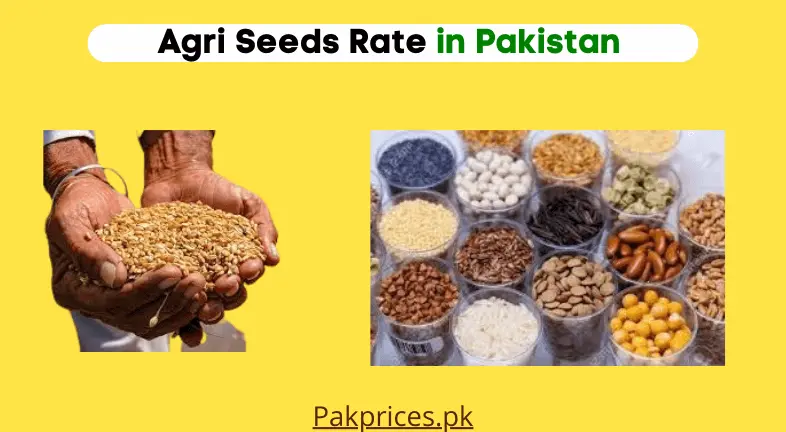
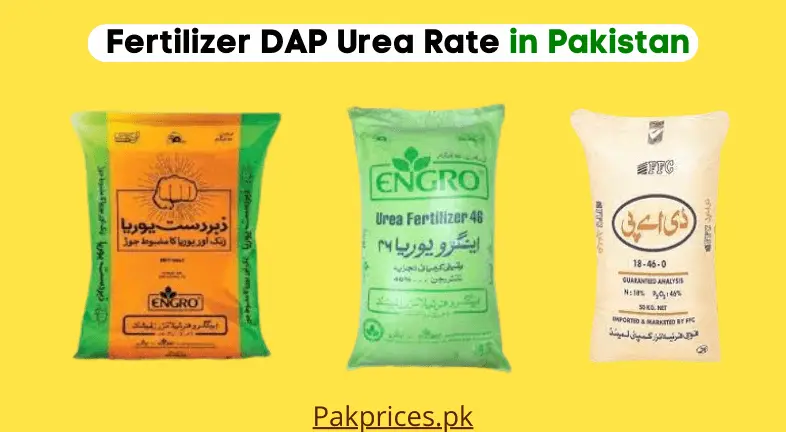
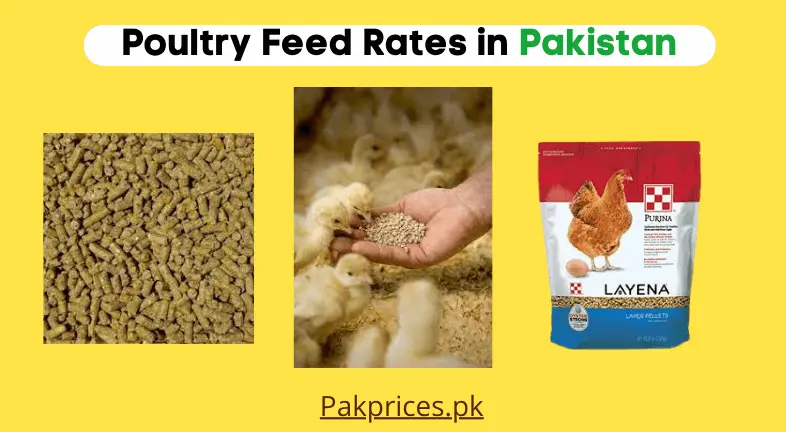
[…] has increased significantly in recent months due to rising input costs, such as the price of wheat, cotton price in Pakistan and some other […]